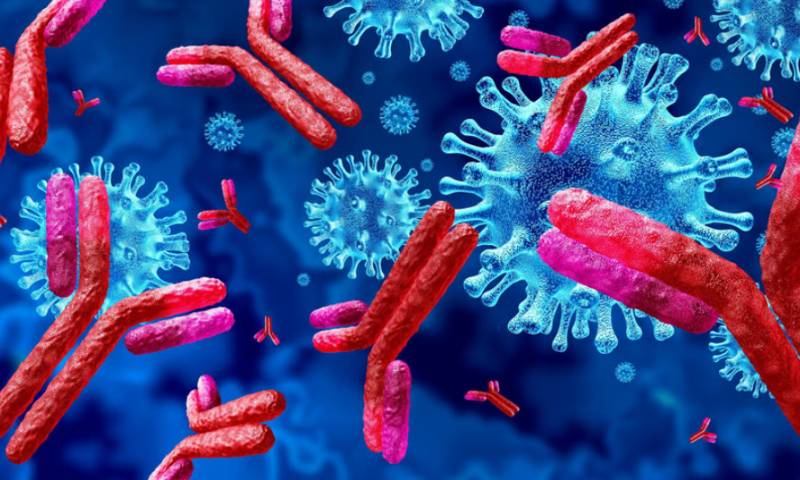Oftentimes, a newly launched biotech’s first task is to pour initial financing into the preclinical development of their starting assets.
HI-Bio—short for Human Immunology Biosciences—has elected to chart a different course, emerging from stealth mode with $120 million in cash to continue the development of two clinical-stage assets it licensed from MorphoSys back in the summer. The two treatments, felzartamab and HIB210, could reap the larger pharma up to $1 billion in biobucks under the deal, which also saw HI-Bio hand over a 15% equity stake.
Now, the company is ready to formally unveil itself, backed by Arch Ventures, Monograph Capital, Jeito Capital and other unnamed institutional investors. HI-Bio’s focus is on immune-mediated diseases—an umbrella term for conditions where a dysfunctional immune system is critical to the development of allergies, autoimmune and inflammatory illnesses. To tackle them, HI-Bio is developing a slate of precision medicines targeting cellular drivers of this dysfunction, including its lead program, the plasma depletion agent felzartamab.
“We’re interested in the more professionalized antibody-producing cells—plasma cells,” CEO Travis Murdoch, M.D., told Fierce Biotech. “Felzartamab is an agent that has already shown proof of concept in clinic for targeting plasma cells in autoantibody disease as well as for targeting multiple myeloma.”
Felzartamab is currently being tested in two phase 2 trials, one of which is recruiting patients with immunoglobulin A nephropathy, a kidney disease that stems from the buildup of the immunoglobulin A antibody. The other, which has wrapped up recruitment, is assessing the drug in patients with membranous nephropathy who are positive for the anti-PLA2R antibody. Murdoch expects data from both of those trials within the next six to 12 months. The company is slated to present some data on that study at the annual meeting of the American Society of Nephrology.
“There’s emerging data already that we think is very promising,” Murdoch said. “It’s important for us not only to understand the potential to impact membranous nephropathy, which is a really severe disease, but also the potential for that mechanism to read through to other indications.”
The other clinical-stage asset, HIB210, is in a phase 1 trial in China for cancer patients that’s being run by a regional partner. Murdoch said HI-Bio should be able to glean valuable data from that trial on safety and pharmacodynamics.
As for financing, the $120 million the biotech has launched with is enough cash to last through “multiple catalysts” in the company’s pipeline, including readouts from both the phase 2 felzartamab trials, the CEO added.

